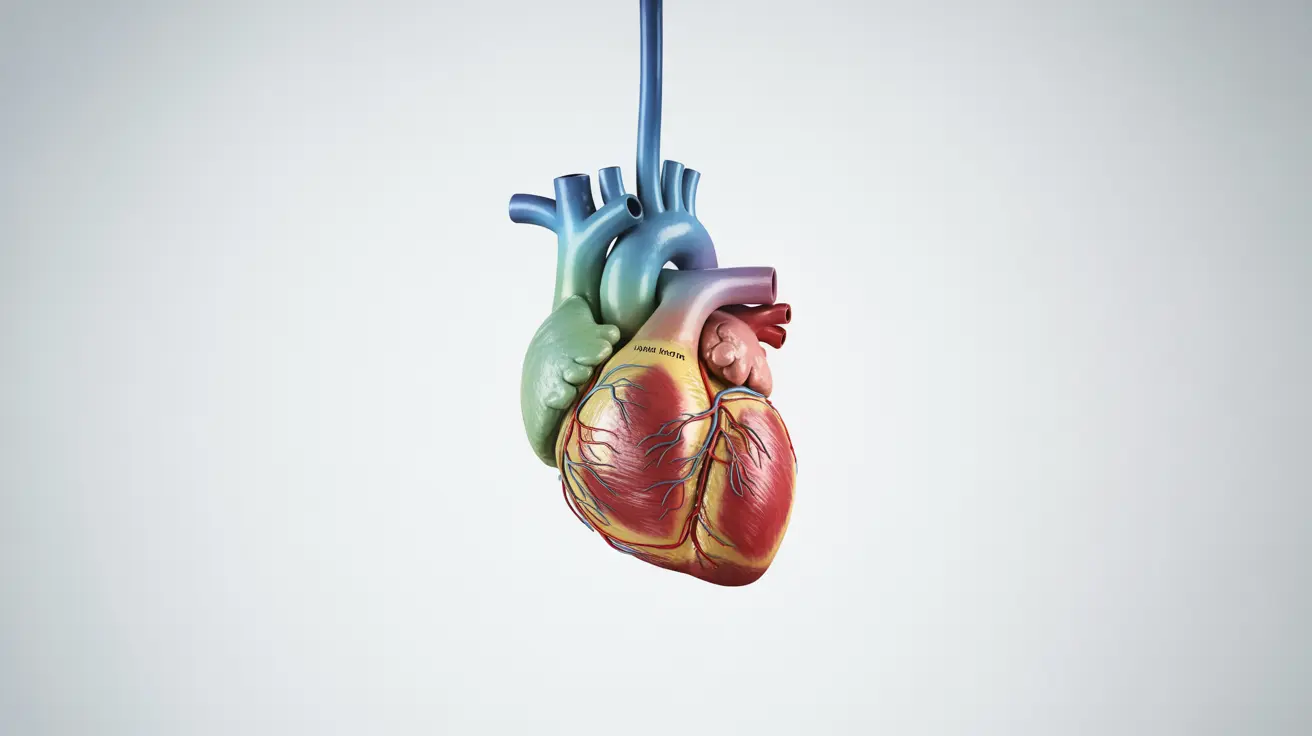The combination of high blood pressure (hypertension) and low heart rate (bradycardia) might seem contradictory, but this unique cardiovascular condition can occur for various reasons. Understanding this combination is crucial for proper diagnosis and treatment, as it can indicate underlying health issues that require medical attention.
While these conditions typically don't occur together naturally, when they do, it's important to identify the cause and seek appropriate medical care. This article explores the relationship between high blood pressure and low heart rate, helping you understand when to be concerned and what actions to take.
Common Causes of High Blood Pressure with Low Heart Rate
Several factors can lead to the simultaneous occurrence of high blood pressure and low heart rate:
- Medication side effects, particularly from blood pressure medications
- Underlying heart conditions
- Athletic conditioning (especially in endurance athletes)
- Age-related cardiovascular changes
- Electrical conduction problems in the heart
Medication-Related Causes
Beta-blockers and certain other blood pressure medications can sometimes lower heart rate while not adequately controlling blood pressure. This is one of the most common reasons for experiencing both conditions simultaneously.
Recognizing the Symptoms
When experiencing high blood pressure with a low heart rate, you might notice various symptoms:
- Dizziness or lightheadedness
- Fatigue or weakness
- Shortness of breath
- Chest pain or discomfort
- Difficulty exercising or with physical activity
- Confusion or difficulty concentrating
Diagnosis and Medical Evaluation
Healthcare providers typically use several methods to evaluate this condition:
- Comprehensive physical examination
- Blood pressure monitoring
- ECG or Holter monitoring
- Blood tests
- Stress testing when appropriate
Treatment Approaches
Treatment strategies often depend on the underlying cause and may include:
Medication Adjustments
If medications are causing the condition, your healthcare provider might:
- Modify current medication dosages
- Switch to alternative medications
- Adjust the timing of medication administration
Lifestyle Modifications
Important lifestyle changes can help manage the condition:
- Regular physical activity (as approved by your healthcare provider)
- Balanced, heart-healthy diet
- Stress management techniques
- Adequate sleep
- Limited alcohol consumption
When to Seek Emergency Care
Certain symptoms warrant immediate medical attention:
- Severe chest pain
- Fainting or near-fainting episodes
- Severe shortness of breath
- Confusion or altered mental status
- Symptoms of stroke
Frequently Asked Questions
What causes high blood pressure and a low heart rate to occur together?
High blood pressure with a low heart rate can occur due to medication side effects, particularly from beta-blockers, underlying heart conditions, athletic conditioning, or age-related cardiovascular changes. Sometimes, it may indicate an electrical conduction problem in the heart.
What symptoms should I watch for if I have high blood pressure with a low pulse?
Key symptoms to monitor include dizziness, fatigue, shortness of breath, chest pain, weakness, and difficulty with physical activity. If these symptoms occur, especially suddenly or severely, medical evaluation is recommended.
Can blood pressure medications cause a low heart rate along with high blood pressure?
Yes, certain blood pressure medications, especially beta-blockers, can lower heart rate while blood pressure remains elevated. This may require medication adjustment by your healthcare provider.
How is the combination of high blood pressure and low pulse diagnosed and treated?
Diagnosis typically involves physical examination, blood pressure monitoring, ECG, and other cardiac tests. Treatment may include medication adjustments, lifestyle modifications, and addressing any underlying conditions.
Is high blood pressure with a low heart rate dangerous, and when should I seek emergency care?
While not always dangerous, this combination can be serious in some cases. Seek immediate medical care if you experience severe chest pain, fainting, severe shortness of breath, or symptoms of stroke. Regular monitoring by a healthcare provider is essential for managing this condition safely.




